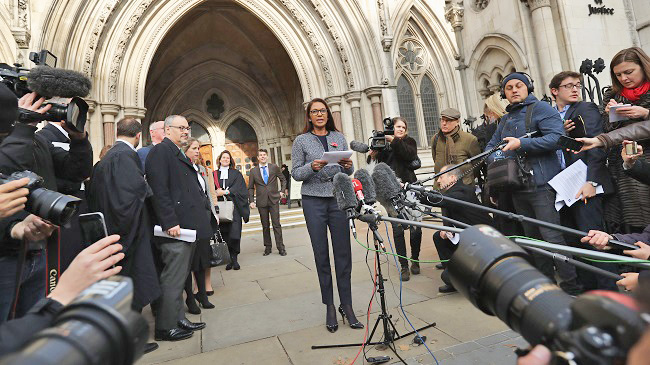
Despite the United Kingdom’s decision to leave the European Union in the so-called “Brexit,” which 52 percent of voters opted for in a June 23 referendum, and newly elected Prime Minister Teresa May’s support, proponents face a new obstacle. Specifically, the ruling of the country’s High Court that May must seek parliamentary approval of any and all plans to enact the process before it begins. That is to say, the United Kingdom must endure another Brexit vote, though one involving Parliament instead of the people they represent.
According to the New York Times, the court’s ruling requires a final vote by the 650-seat Parliament in order to determine whether or not May’s March plans to speed through the Brexit process via Article 50 of the Lisbon Treaty can actually, and legally, occur. (Article 50 grants E.U. members the legal option to “withdraw from the Union in accordance with its own constitutional requirements.”) Opponents of the original referendum shouldn’t interpret this as a killing blow, however, as the report indicates the court’s decision is “likely to slow — but not halt — the process” in its entirety. In other words, the Brexit is going to happen, but probably not as quickly as May and her Conservative Party allies would prefer.
Then again, as Sky News Tonight producer Tom Boadle pointed out on Twitter, the British pound’s value skyrocketed following news of the High Court’s ruling:
https://twitter.com/TomBoadle/status/794120505284579332
Combined with an atmosphere anti-Brexit politicians may find too “politically toxic” for any efforts to overturn the referendum’s decision, the Conservative Party’s meager 329-seat majority in Parliament may be enough to ensure the ordered vote’s approval of the prime minister’s March proceedings. May and her office promised to appeal the ruling immediately, and the Supreme Court of the United Kingdom has already confirmed a hearing slated for December.
(Via New York Times)

